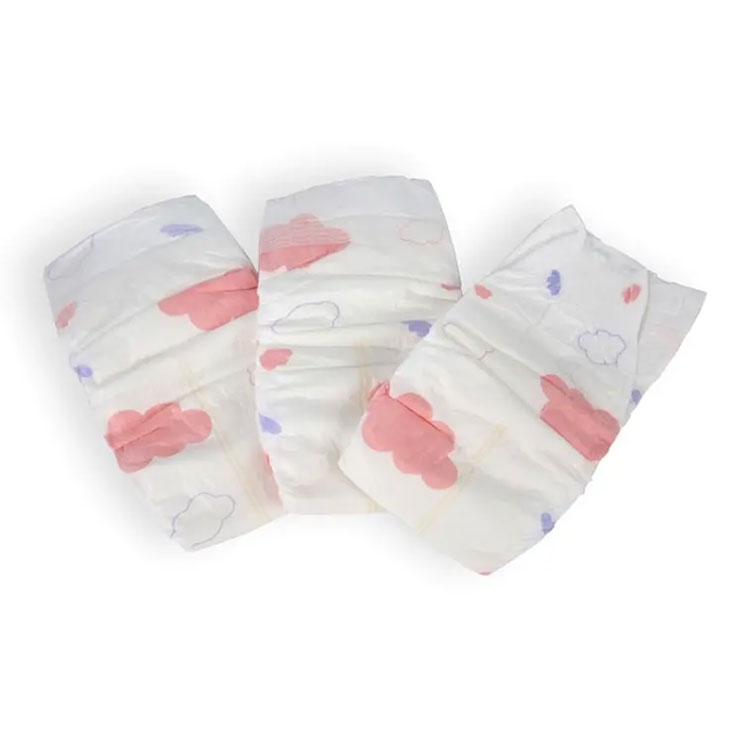Green Disposal: The Eco-Friendly Way to Dispose of Organic Infant Diapers
2024-03-06
In the journey of parenthood, every decision we make has an impact, not just on our little ones but also on the world they'll inherit. Organic infant diapers, with their natural materials and eco-friendly qualities, offer a greener alternative to conventional diapers. However, proper disposal is key to minimizing their environmental footprint. In this blog, we'll explore the eco-friendly methods for disposing of organic infant diapers, ensuring they leave behind a minimal environmental impact while still providing the convenience and comfort parents desire.
1. Biodegradable and Compostable Diapers:
Many organic infant diapers are designed to be biodegradable or compostable, meaning they can naturally break down into organic matter over time. When disposed of properly, these diapers can be composted in home composting systems or sent to commercial composting facilities. By composting organic diapers, you can divert them from landfills and return valuable nutrients to the soil, closing the loop on their lifecycle in a sustainable manner.
2. Follow Local Waste Management Guidelines:
Before disposing of organic infant diapers, it's essential to familiarize yourself with your local waste management guidelines and regulations. Some municipalities may accept biodegradable or compostable diapers in residential composting bins or green waste collection programs, while others may require them to be disposed of in the regular trash. By following local regulations, you can ensure that diapers are disposed of properly and in accordance with environmental standards.
3. Separate Solid Waste from Diapers:
To facilitate the composting process and minimize contamination, it's important to separate solid waste from organic infant diapers before disposal. You can do this by shaking or scraping off any solid waste into the toilet and flushing it away. By removing solid waste, you reduce the risk of odor and microbial growth, making diapers more suitable for composting and reducing their environmental impact.
4. Consider Hybrid Diapering Systems:
For parents seeking a balance between convenience and sustainability, hybrid diapering systems offer a flexible solution. These systems typically consist of reusable cloth diaper covers paired with biodegradable or compostable inserts. By using reusable covers and compostable inserts, you can minimize waste while still enjoying the convenience of disposable diapers when needed.
5. Explore Diaper Recycling Programs:
Some diaper manufacturers and waste management companies offer diaper recycling programs, where used diapers are collected and processed into various materials such as plastics, fibers, and energy. While still relatively uncommon, diaper recycling programs provide an innovative solution for diverting diapers from landfills and repurposing their materials in a sustainable manner.
6. Educate Others:
Lastly, educating others about the importance of proper diaper disposal and the benefits of organic infant diapers can help raise awareness and promote eco-friendly practices in your community. By sharing information about composting, recycling, and waste reduction, you can inspire others to join the movement towards greener diapering practices and a healthier planet for future generations.
Conclusion:
In conclusion, disposing of organic infant diapers properly is essential for minimizing their environmental impact and promoting sustainability in diapering practices. Whether through composting, following local waste management guidelines, separating solid waste, exploring hybrid diapering systems, or participating in diaper recycling programs, there are various eco-friendly options available to parents. By choosing green disposal methods and advocating for responsible diapering practices, we can make a positive difference for our babies and the planet they'll inherit.



